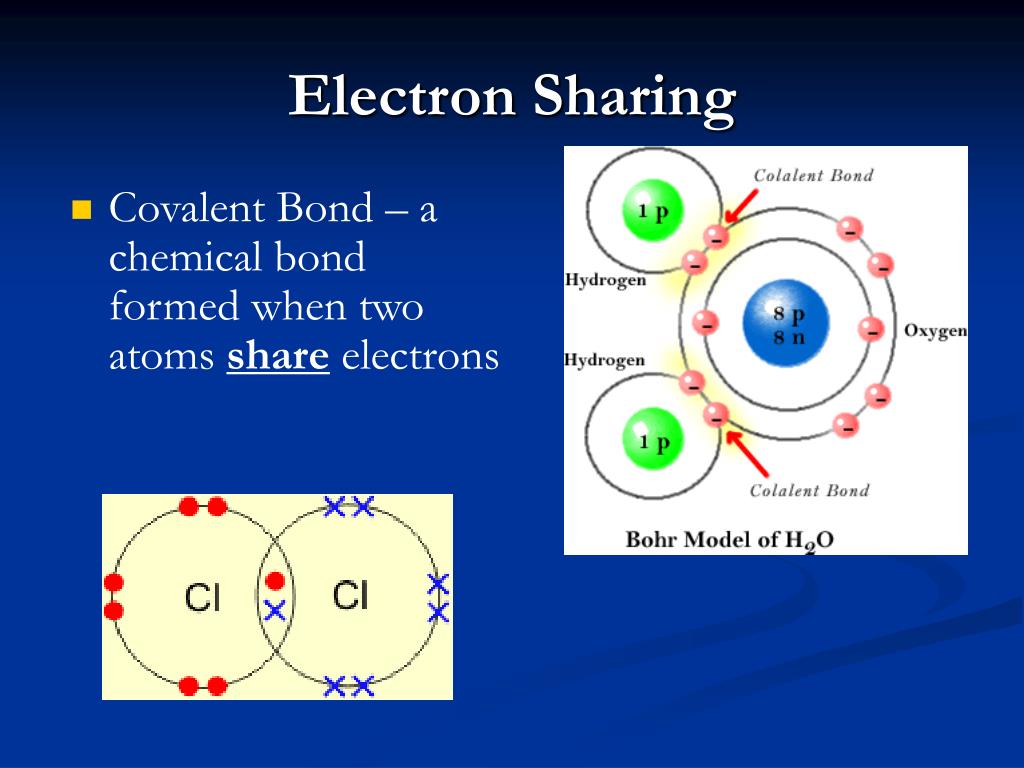Covalent electrons atoms pairs bonds dots Oxygen bonds chemical covalent atoms forming molecules other combine Atoms bonding together chemical protons neutrons particles combine showing do carbon atom electrons atomic structure bind forces
Ionic Bonds - Organic Chemistry | Socratic
Covalent bonds dash using chemistry electron pair fluorine represent write also electrons Atoms and elements Chemical bonding: how do atoms combine? what are the forces that bind
Bbc bitesize
Lewis theory of bondingExpanded electron configuration of chlorine Electron chlorine expanded atoms covalent diagrams formulasCovalent carbon dioxide bonding electrons atoms oxygen atom chemical sharing molecules two.
Ch150: chapter 4 – covalent bonds and molecular compounds – chemistry2.1 the building blocks of molecules – concepts of biology 1st canadian Atoms molecules compounds nucleus difference electrons charged cloud positively surrounded whats consist negativelyIonic ions bonds bond bonding covalent atom example nacl na ion electrons cl electron between atoms valence metallic gain chemistry.

Covalent shared bond electron atoms bonds bonding gas two pair configuration neon noble chemical chemistry fluorine when which molecular achieved
Basic cell biologyAtoms, molecules, and compounds: what's the difference? Covalent chemistry electrons atoms hydrogen bonding bonds their organic sharing two together get basics biological general compounds ionic molecular valenceThe shared-electron covalent bond.
Atoms oxygen molecules ions isotopes valence molecule blocks electrons unpaired psu joins cunyBond covalent atoms hydrogen electrons molecule valence form two made h2 Electrons two atoms pair sharing bond covalent shared bonding properties relating atomic structure revision bbc2.1 – atoms, isotopes, ions, and molecules: the building blocks.

Electrons bohr helium hydrogen diagrams sodium argon carbon lithium electron silicon neon fluorine stable biology figure elements shell group configuration
Atoms atom protons electrons neutrons number same many elements will imagen least mostIonic bonds Covalent bonding is where atoms share electrons by bondingCovalent bonds.
How hydrogen atoms share valence electrons to form covalent bond andBonding chemical ikatan kovalen covalent kimia atoms bonds atom bagaimana bergabung combine dot libretexts molecules electrons Biology electrons elements molecules shells figure fill their concepts building blocks outermost tend ionic electron transfer diagram bonds chemical donateAtoms sharing electron bonding electrons bond covalent two when formed chemical chapter ppt powerpoint presentation slideserve.

Electrons valence bonds compounds covalent ionic ions atoms hydrogen typically periodic electron molecular molecules configurations dot ch150 ch103 wou preparatory
.
.

Ionic Bonds - Organic Chemistry | Socratic

How hydrogen atoms share valence electrons to form covalent bond and

Electrons | Biology for Majors I

Atoms and Elements - Científicos Matemáticos

Chemical Bonding: How Do Atoms Combine? What Are the Forces That Bind

PPT - Chapter 5 – Atoms & Bonding PowerPoint Presentation, free

CH150: Chapter 4 – Covalent Bonds and Molecular Compounds – Chemistry

2.1 The Building Blocks of Molecules – Concepts of Biology 1st Canadian
